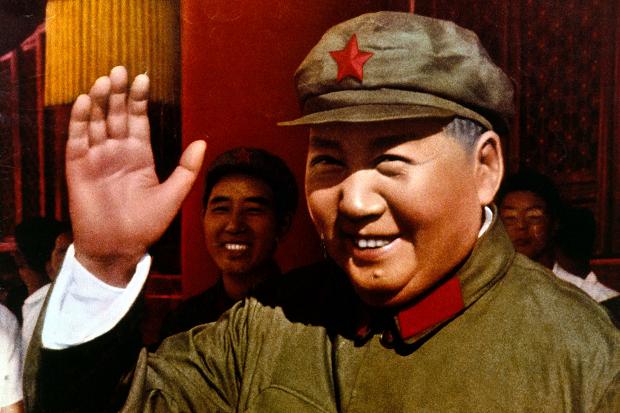美籍华人李世默先生在他的宏文 “The Life of the Party” 中不吝笔墨,用了相当的篇幅论仇和:
There are also thousands of policy experiments that rise up from the local level. The competitive government job market gives capable local officials incentives to take risks and differentiate themselves from the pack. Among the 2,326 party representatives who attended the 18th Party Congress, one such standout was Qiu He, who is vice party secretary of Yunnan Province. At the congress, Qiu was selected as an alternate member of the Central Committee, putting the 55-year-old maverick near the top of the nation’s political establishment. Qiu is the ultimate political entrepreneur. Born into poverty in rural China, Qiu watched two of his eight siblings die of childhood illness and malnutrition. After taking the national college entrance exam, China’s great equalizer, he was able to attend university. When he entered the work force, he held several low-level civil service jobs before being appointed party secretary of Shuyang County, in northern Jiangsu Province, in the 1990s. With a peasant population of 1.7 million and an annual per capita GDP of only $250 (less than one-fifth the national average), Shuyang was one of the poorest rural areas in the country. The county also suffered from the worst crime rate in the region and endemic government corruption.
Qiu carried out a broad range of risky and controversial policy experiments that, if they failed, would have sunk his political career. His first focus was Shuyang’s floundering economy. In 1997, Qiu initiated a mandatory municipal bond purchase program. The policy required every county resident to purchase bonds to fund much-needed infrastructure development. The genius of the plan was twofold. First, he could not have raised the funds through taxes because, at his level, he had no taxation authority. Second, the mandatory bond program offered the citizens of Shuyang something taxes would not have: yes, they were required to buy the bonds, but they eventually got their money back, with interest. Qiu also assigned quotas to almost every county government official for attracting commercial investments. To support their efforts, in addition to building up the area’s infrastructure, Qiu offered favorable tax rates and cheap land concessions to businesses. In just a few years, thousands of private enterprises sprang up and transformed a dormant, centrally planned rural community into a vibrant market economy.
Qiu’s second focus was combating corruption and mistrust between the population and the government. In the late 1990s, he instituted two unprecedented measures to make the selection of officials more open and competitive. One was to post upcoming official appointments in advance of the final decisions to allow for a public comment period. The other was the introduction of a two-tier voting system that enabled villagers to vote among party members for their preferred candidates for certain positions. The local party committee then picked between the top two vote getters.
Qiu initially met tremendous resistance from the local bureaucracy and population. But today, he is credited with turning one of the country’s most backward regions into a vibrant urban center of commerce and manufacturing. Other poor regions have adopted many of his economic policy experiments. Moreover, the public commenting period has been widely adopted across China. Competitive voting is finding its way into ever-higher levels of the party hierarchy. Qiu has been personally rewarded, too, moving rapidly up the ladder: to vice governor of Jiangsu Province, mayor of Kunmin, vice party secretary of Yunnan Province, and now an alternate member of the Central Committee.
Eric X. Li, “The Life of the Party: The Post-Democratic Future Begins in China,” 92 Foreign Affairs 34 (2013).
2016年12月15日人民网新闻:云南原副书记仇和受贿2千多万 被判处14年6个月








